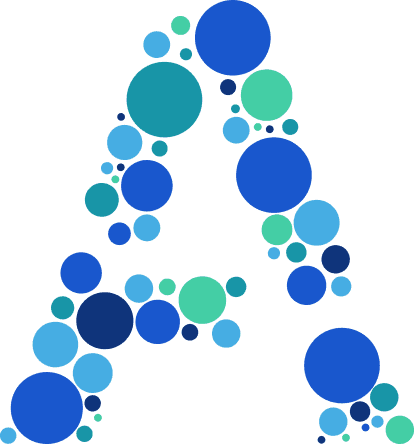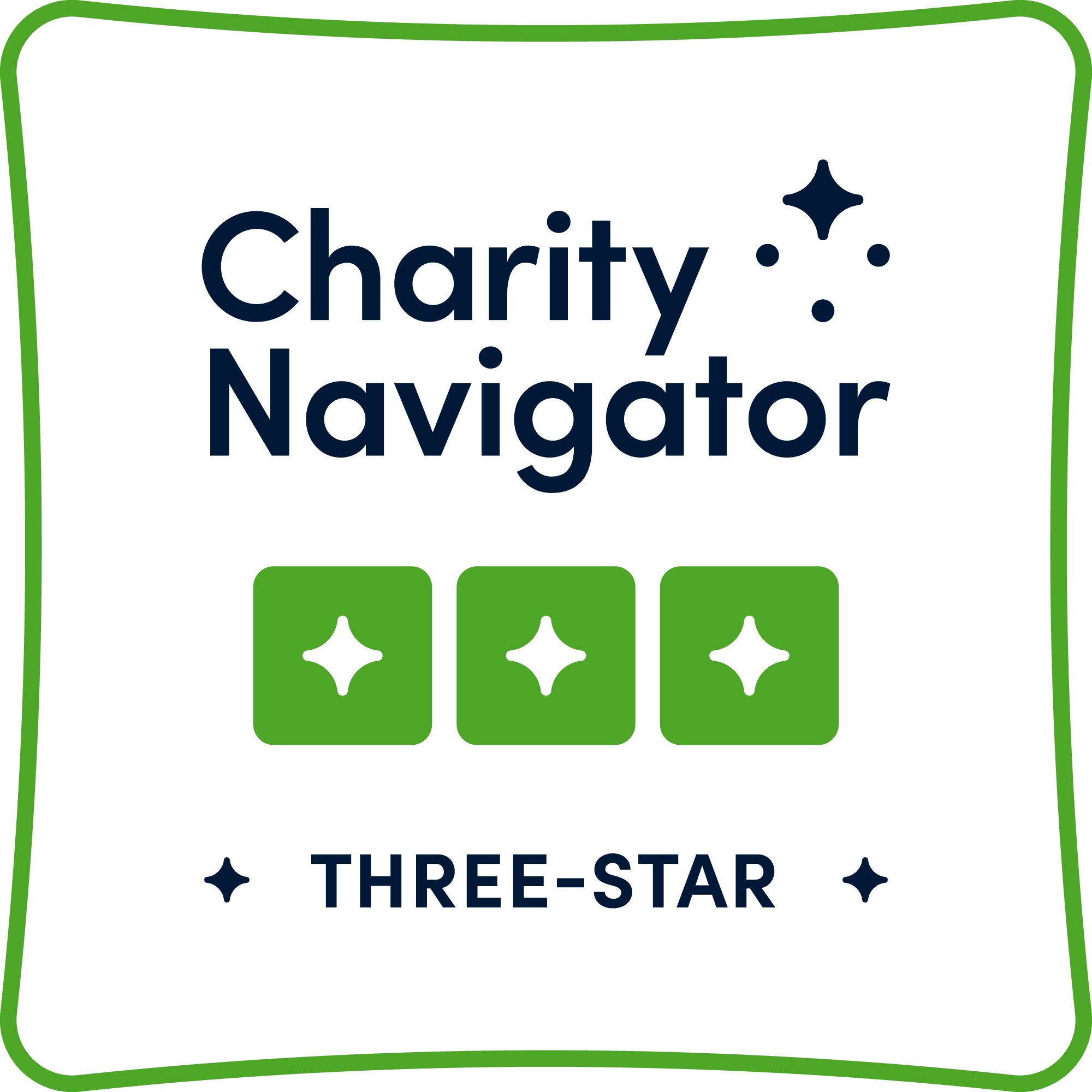The Crucial Role of Data in Public Policy and Legislation to Combat Human Trafficking
Dec 15, 2024
In the fight against human trafficking—both labor and sex trafficking—data is our most powerful ally. As the CEO of Allies Against Slavery, I have witnessed firsthand the transformative impact that accurate, comprehensive data can have on shaping effective public policy and legislation. Without it, our efforts to combat this heinous crime are akin to navigating a stormy sea without a compass.
Human trafficking is a complex and pervasive issue that affects millions of people worldwide. Yet, despite its prevalence, there is a significant gap in reliable data. This gap hinders our ability to fully understand the scope and nuances of trafficking, making it challenging to develop targeted interventions. Comprehensive data collection allows us to identify trends, understand the demographics of victims and perpetrators, and recognize the methods traffickers use to exploit their victims.
Effective public policy is rooted in evidence. Data provides the evidence needed to craft policies that address the root causes of trafficking and protect vulnerable populations. For instance, data on labor trafficking can reveal industries and regions where exploitation is most rampant, guiding policymakers to implement stricter regulations and oversight. Similarly, data on sex trafficking can help in designing prevention programs that target at-risk groups and in allocating resources to support survivors.
Legislation is a critical tool in the fight against human trafficking, but it must be informed by accurate data to be effective. Laws that are based on outdated or incomplete information can inadvertently create loopholes that traffickers exploit. By leveraging data, we can draft legislation that closes these gaps, imposes harsher penalties on traffickers, and provides better support for victims. For example, data-driven insights can lead to the creation of laws that mandate better working conditions, enhance victim identification protocols, and improve cross-border cooperation to combat trafficking networks.
One specific instance of using data to inform policy and legislation is in the need to address the use of drugs and alcohol as a means of coercion. Despite the prevalence of drug-based coercion in human trafficking, federal law does not adequately address it. The current federal code outlaws force, fraud, and coercion, but the term “coercion” is not well defined. If the federal code explicitly defined drug-based coercion, prosecutors would have more tools to combat traffickers.
Currently, federal law does not recognize drugging or withholding drugs as coercive tactics. Prosecutors must prove that victims perceived a threat of harm due to drug manipulation, which is challenging. Victims often experience severe trauma, making them reluctant witnesses and difficult for judges and juries to understand.
By collecting and analyzing data on drug-based coercion, we can advocate for clearer definitions in the federal code. This would empower prosecutors and lead to more effective prevention and prosecution of traffickers
Data fosters collaboration and innovation among stakeholders. When governments, NGOs, law enforcement agencies, and the private sector share data, they can work together more effectively to combat trafficking. This collaborative approach leads to innovative solutions, such as predictive analytics to identify trafficking hotspots or blockchain technology to ensure supply chain transparency. By pooling our data and resources, we can stay one step ahead of traffickers and dismantle their operations more efficiently.
The fight against human trafficking is a complex but important one. With data as our guide, we can make significant strides towards eradicating this crime, holding perpetrators accountable, and turn victims to survivors. At Allies Against Slavery, we are committed to harnessing the power of data to inform public policy, enhance legislation, drive collaboration, and empower survivors. Together, we can create a world where every individual is free from the horrors of trafficking.



